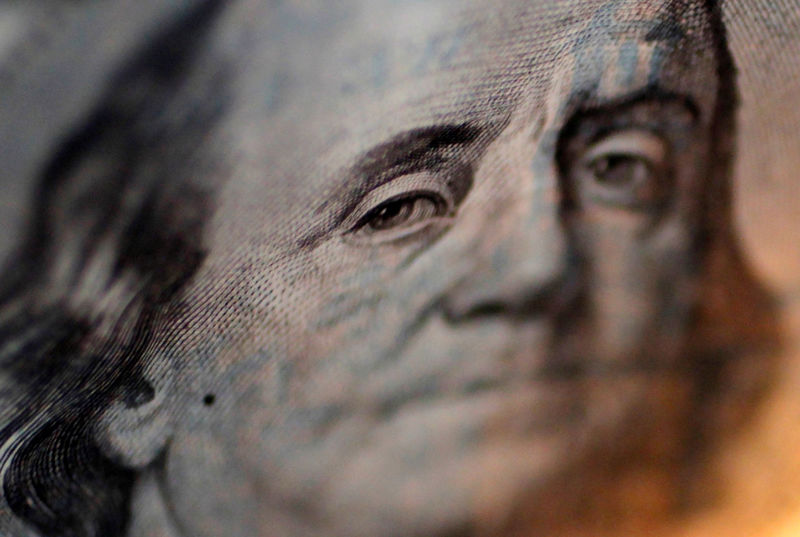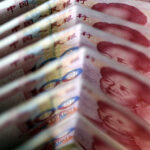Most Asian currencies moved in a tight range on Wednesday, while the dollar remained near three week highs as traders hunkered down in anticipation of more cues on interest rates from the Federal Reserve.
Reports of more fiscal spending in China did little to improve sentiment towards regional currencies, with the yuan hovering around its weakest levels in 13 months.
Beyond the Fed, central bank decisions in Japan, Thailand, Indonesia and the Philippines are also due this week, providing more cues on Asian monetary policy going into 2025.
Most regional currencies were nursing losses against the dollar in recent sessions as traders largely turned to the greenback in anticipation of a slower pace of rate cuts in 2025.
Dollar steady with Fed outlook in focus
The dollar index and dollar index futures both steadied in Asian trade, remaining in sight of a three-week high hit earlier this week.
The Fed is widely expected to cut interest rates by 25 basis points. But traders are bracing for a potentially hawkish outlook from the central bank, especially in light of recent data showing U.S. inflation remained sticky, and the labor market strong.
The central bank is expected to signal a slower pace of easing in 2025, with several analysts, including Goldman Sachs, predicting a hold in January.
Stronger-than-expected retail sales data for November, released on Tuesday, furthered expectations that the Fed will have enough headroom to cut rates at a slower pace.
Expansionary and protectionist policies under incoming President Donald Trump are also expected to underpin inflation and rates in the coming years.
Chinese yuan near 13-mth low; fiscal target offers little support
The Chinese yuan’s USD/CNY pair rose 0.1% on Wednesday, and was close to its highest level since November 2023.
Reuters reported that China was planning to increase its budget deficit to 4% from 3% of gross domestic product in 2025, and was also targeting 5% annual GDP growth for a third consecutive year.
While the move does entail higher fiscal spending, it also heralds pressure on the yuan, given that China will likely further loosen monetary conditions to facilitate its plans for increased stimulus.
BOJ, Asian central banks awaited
Focus this week is also on a string of key Asian central bank meetings. Most notably is the Bank of Japan, which kicked off a two-day meeting on Wednesday.
The Japanese yen was muted, with the USD/JPY pair hovering above 153.5 yen amid uncertainty over what the BOJ will do. Analysts are split between expectations for a hold or a 25 basis point hike.
The Thai baht’s USD/THB pair rose 0.2%, with the Bank of Thailand widely expected to keep rates steady later on Wednesday. The Indonesian rupiah’s USD/IDR pair was also flat, with the country’s central bank set to keep rates unchanged on Wednesday.
The Philippine peso’s USD/PHP pair tread water before a central bank meeting on Thursday, where the Bangko Sentral ng Pilipinas is expected to cut rates for a third time this year.
Broader Asian currencies moved in a flat-to-low range. The Australian dollar’s AUD/USD pair fell 0.3%, while the Singapore dollar’s USD/SGD rose 0.1%.
The South Korean won’s USD/KRW pair fell 0.2% amid continued reassurances of economic stability from the government, after President Yoon Suk Yeol’s failed bid to impose martial law.
The Indian rupee’s USD/INR pair steadied after briefly hitting a record high above 85 rupees earlier in the session. The currency was battered by sustained capital outflows from India, while weak trade data also weighed.




